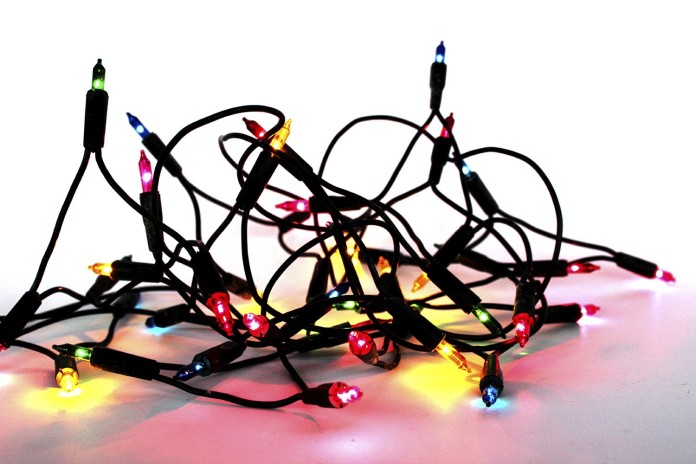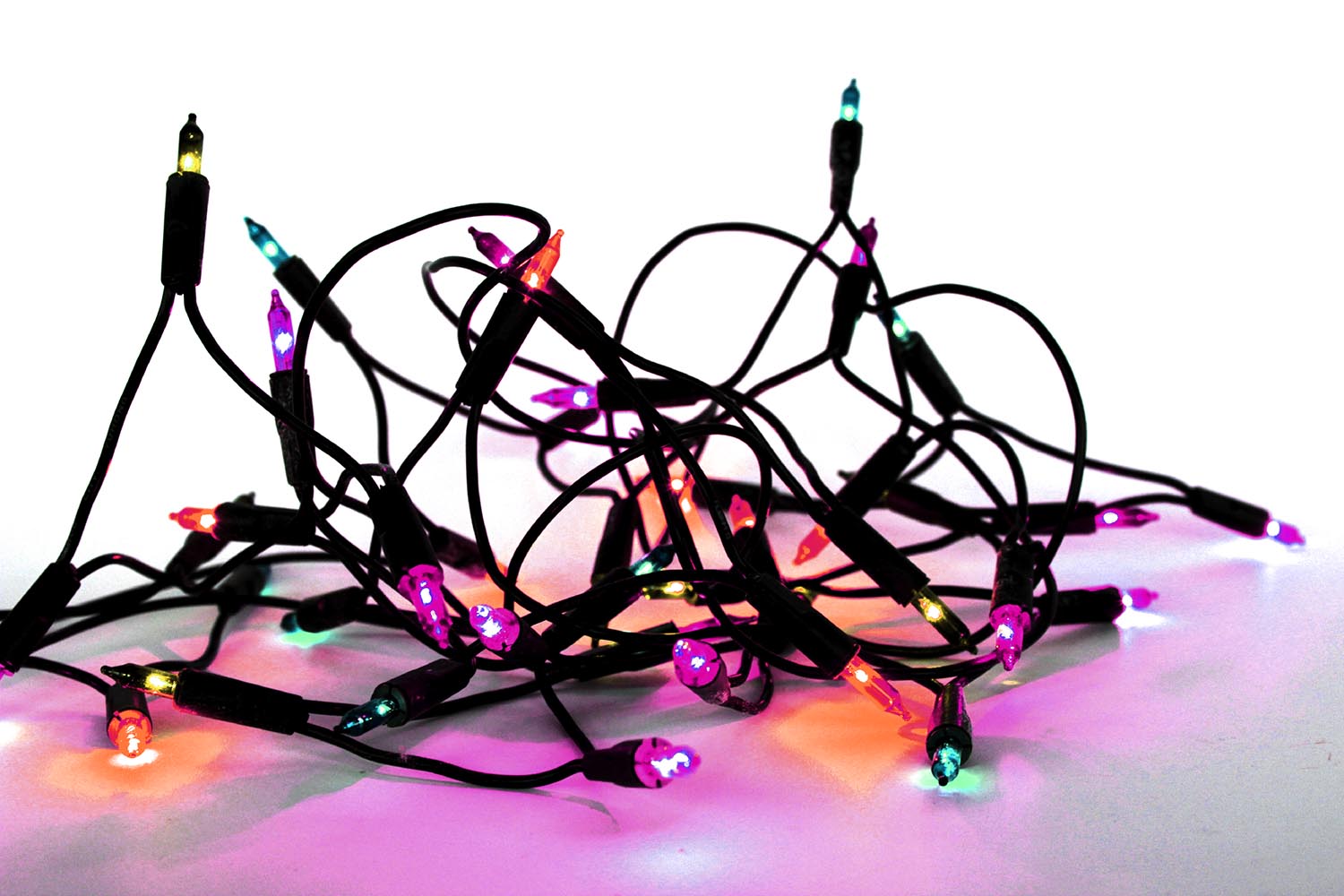
One of the most annoying aspects of being on the internet is when the Wi-Fi signal gets really low or just completely stops. Unfortunately, Wi-Fi signals are not perfect and are always going to experience issues. However, British telecoms watchdog Ofcom alerts people that their Christmas lights may be interfering with their Wi-Fi signal and slowing it down.

CHRISTMAS LIGHTS MAKING LIFE DIFFICULT FOR INTERNET USERS
This is a very interesting revelation that Ofcom has come up with. It does make sense that all of the electricity that is taken up by Christmas lights would affect one’s Wi-Fi signal, but Ofcom mentioned that all of the other devices using electricity do not help. As Ofcom points out, millions of people around the world use the internet and this could be affecting many of them. So, does this mean people need to stop putting up Christmas lights? Christmas lights are put up to celebrate Christmas and to show holiday spirit, so no longer doing that could be tough for some people. However, a strong Wi-Fi signal makes life a lot easier on the internet and it might just be worth it.
Ofcom reportedly launched a new app and they say that it will test persons’ internet signal. They also mentioned how if there was an issue with one’s signal, that the app would give troubleshooting tips to fix the issue. This is a cool app, but anybody who owns a Windows computer can already troubleshoot any internet issues. However, if one does not own a device that can troubleshoot their internet, then this app would do the trick. Any device that can be used to figure out one’s internet connection issue is necessary.
The good thing for anybody affected by this, is Christmas lights are typically taken down after the holiday season and this issue would resolve after that. However, the month of December could turn out to be an annoying one for avid internet users as Ofcom’s report indicates. Patience needs to be present as soon people will not have to worry about Christmas lights affecting their Wi-Fi signal.

















